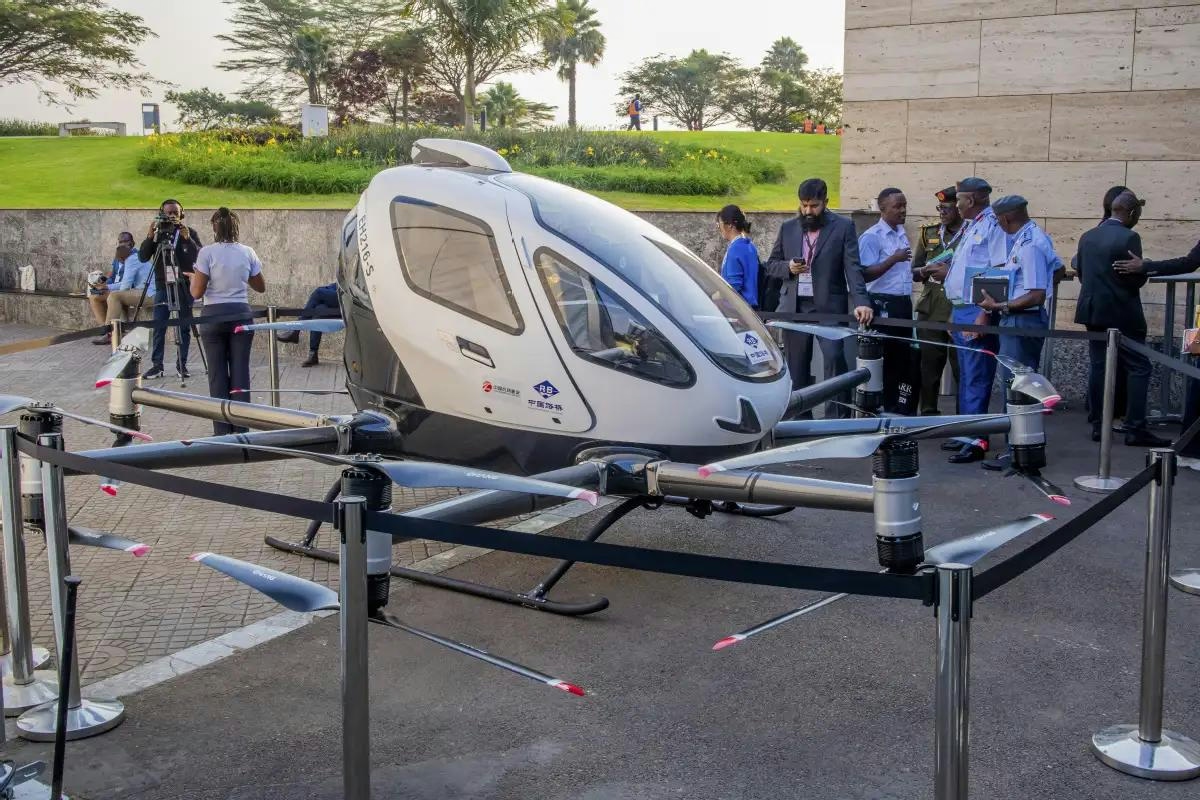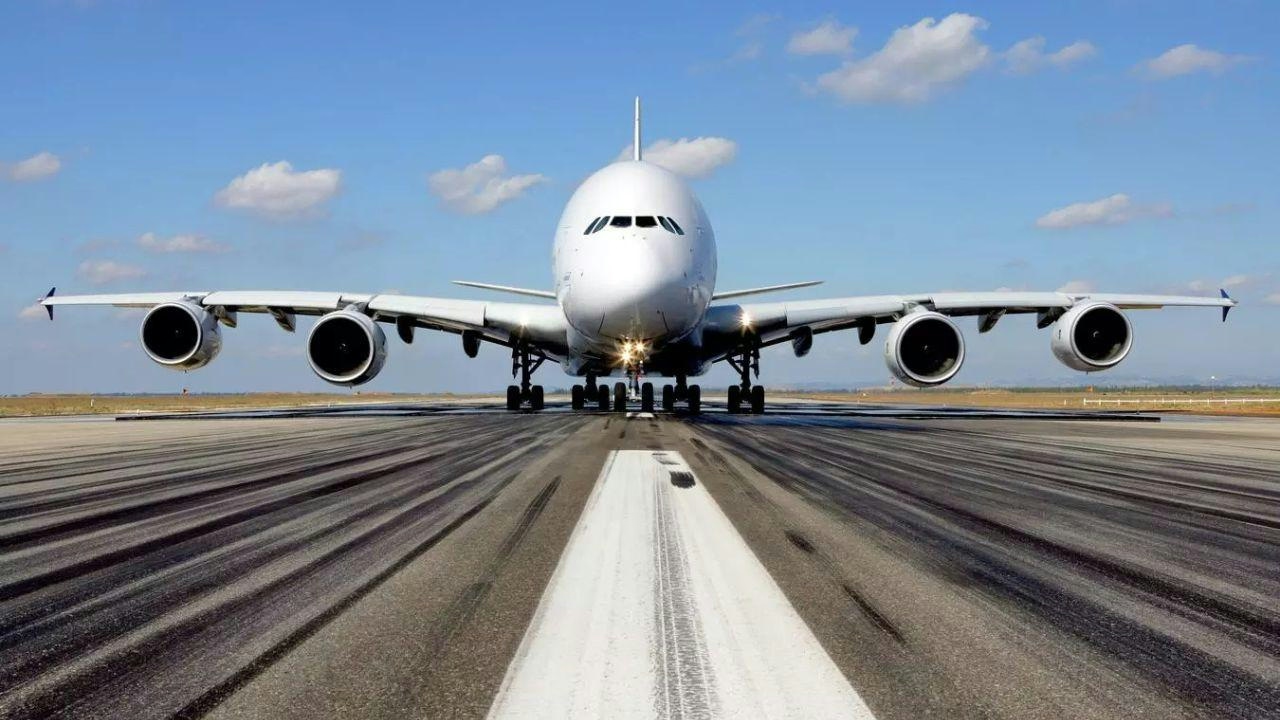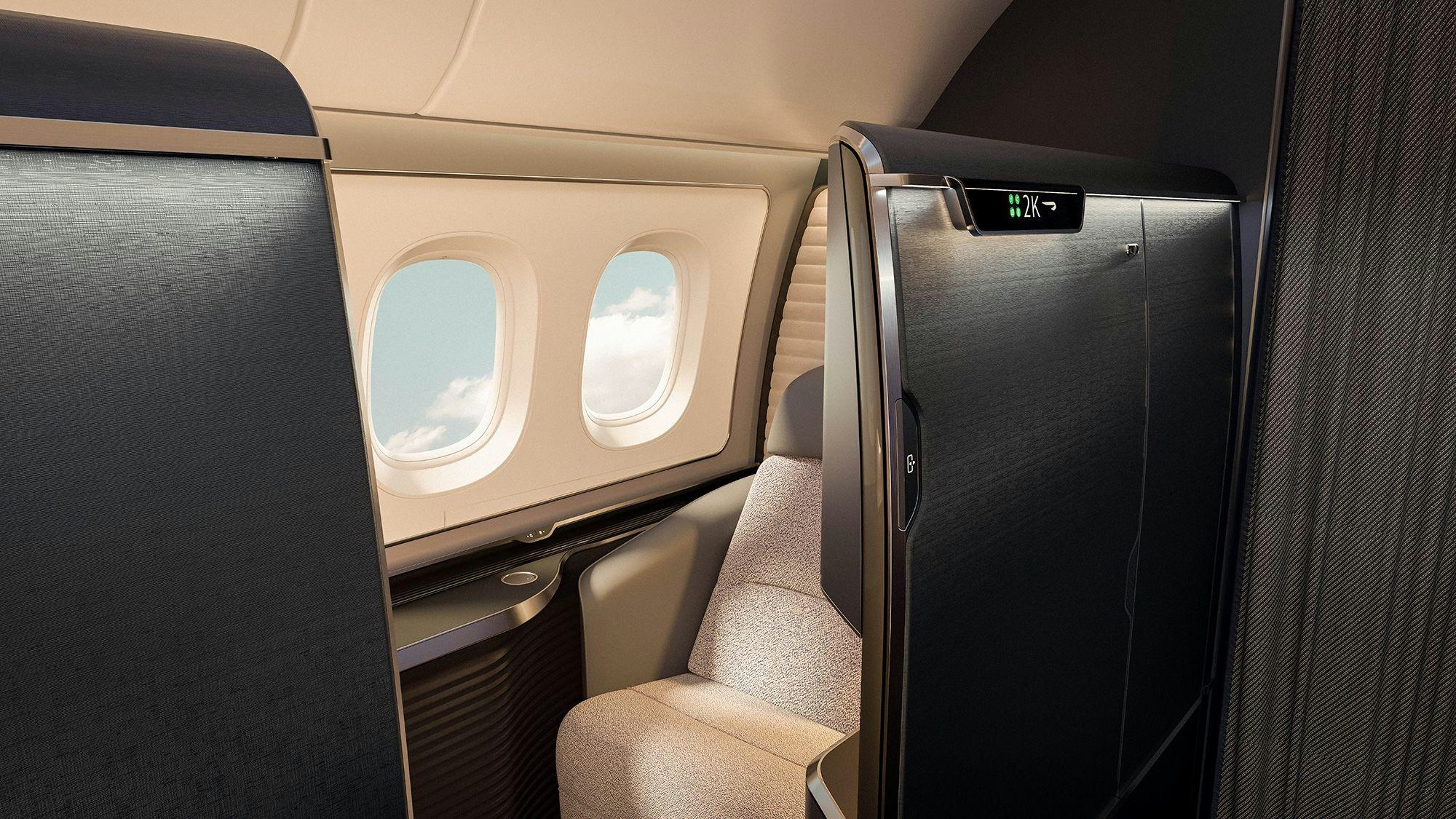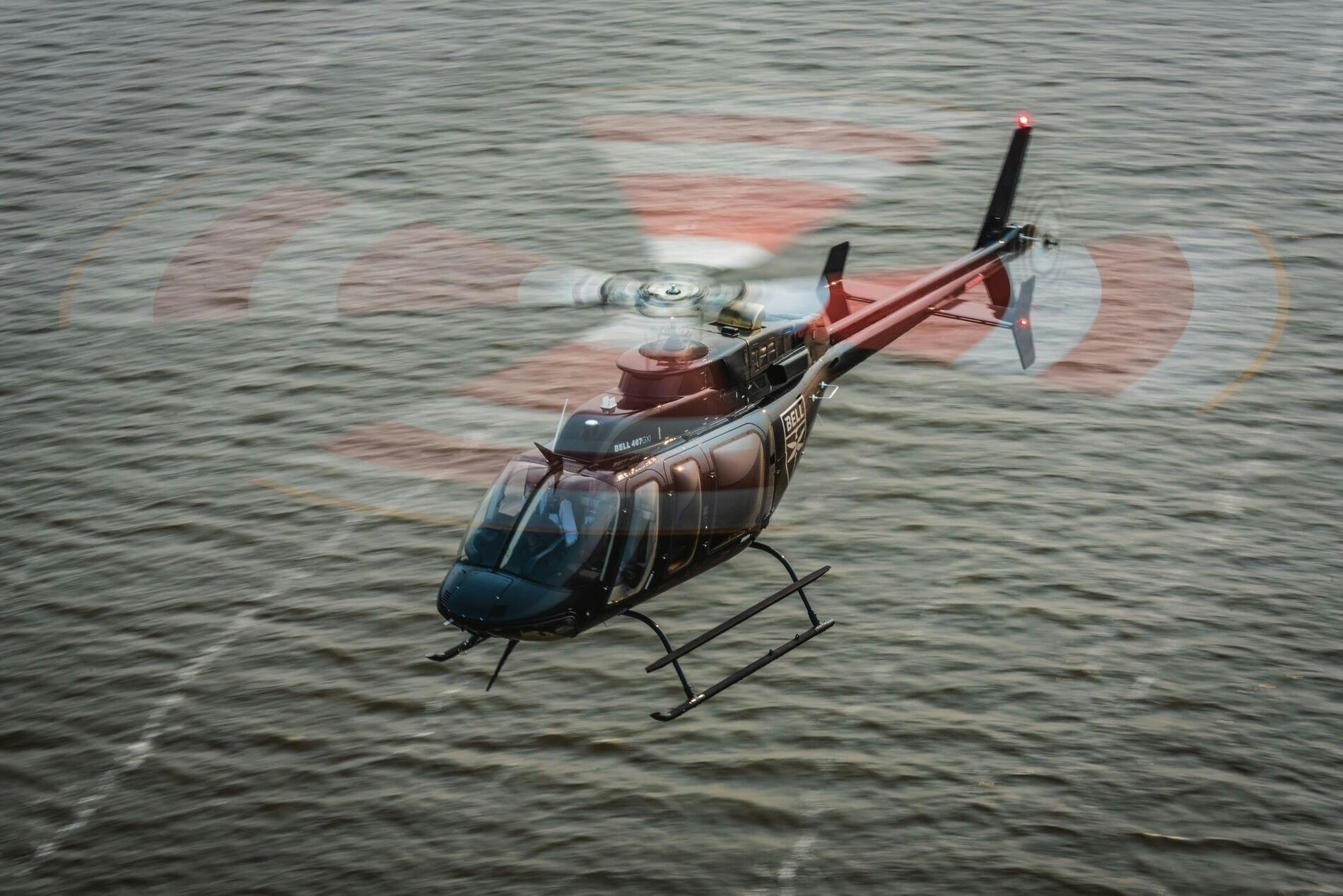
AeroGenie — あなたのインテリジェントな副操縦士。
現在のトレンド
Categories
Rwanda Introduces Africa’s First Autonomous Air Taxi

Rwanda Introduces Africa’s First Autonomous Air Taxi
A Historic Leap in Urban Mobility
Rwanda has made history as the first African nation to launch an autonomous air taxi, signaling a significant advancement in the future of urban transportation on the continent. In September, the EHang EH216-S, an electric Vertical Take-Off and Landing (eVTOL) aircraft capable of carrying two passengers without a pilot, completed a brief but groundbreaking flight, ascending 100 meters above Kigali. Although this was a test flight, it positioned Rwanda alongside global leaders such as Dubai, Beijing, and Paris, which have already trialed similar air taxi services. For a small, landlocked country, this achievement reflects a growing ambition to become a pioneer in aviation innovation.
Building on a Legacy of Drone Innovation
Rwanda’s venture into autonomous air taxis builds upon its established reputation as an early adopter of drone technology. Since 2016, the country has served as the launchpad for Zipline’s medical drone deliveries, which have revolutionized the transport of blood and vaccines to remote communities, outpacing traditional delivery methods. By now embracing eVTOL technology for passenger transport, Rwanda is demonstrating its intent not only to benefit from advances in aviation but also to actively shape the sector’s future.
The Minister of Infrastructure emphasized the country’s vision, stating that Rwanda is committed to creating a future where urban centers are more interconnected and the economy more dynamic through innovative transport solutions. This vision is supported by progressive aviation regulations, the successful deployment of medical drones, and the recent pilotless eVTOL demonstration, all of which underscore Rwanda’s dedication to transforming ambition into tangible progress.
Strategic Partnerships and Market Implications
The autonomous air taxi initiative is the product of a collaboration between the China Road and Bridge Corporation (CRBC) and EHang, a Chinese company already testing similar aircraft in Asia and the Middle East. HUANG Qilin, head of CRBC in Rwanda, expressed pride in partnering with the Rwandan government to support its goal of becoming a leader in aviation technology. For EHang, Rwanda represents a strategic opportunity to showcase that African airspace is open to advanced air mobility solutions, a market often overlooked by Western manufacturers.
The announcement has been met with enthusiasm from investors and aviation experts, who view Rwanda’s innovation as a catalyst for accelerating research and development in advanced air mobility across the continent. This momentum could stimulate new investments and partnerships within the sector, fostering a competitive environment that drives technological progress.
Challenges and Future Prospects
Despite the excitement, significant challenges remain before autonomous air taxis can become commonplace. Regulatory frameworks, safety protocols, and technological limitations must be addressed comprehensively. Even in regions such as Europe and the United States, certification processes continue to delay the widespread deployment of similar programs. Nonetheless, Rwanda’s demonstration sends a powerful message that it is possible to leapfrog traditional infrastructure constraints, and that Africa need not wait for established models to evolve.
For travelers, the potential benefits are considerable. Autonomous air taxis could alleviate urban congestion and improve connectivity to rural areas without the need for costly infrastructure projects. While broad adoption will depend on overcoming regulatory hurdles and gaining public acceptance, Rwanda’s initiative establishes a precedent that other African capitals may soon emulate.
Globally, airlines are investing billions in eVTOL technology, with major carriers placing substantial pre-orders despite the absence of formal certification. Rather than focusing on fleet acquisition, Rwanda is providing a regulatory sandbox and political support—critical elements that manufacturers require to advance this emerging technology. Although Kigali’s experiment is modest in scale, its impact could resonate across Africa, influencing the future trajectory of urban transport on the continent and beyond.

Europe Advances Aviation Sustainability Through SAF Mandates and Innovation

Lufthansa's Fleet Plans for 2025

Fifteenth National Games Model Aviation Finals in Longhua Showcase Drone Sports and Innovation

Brazilian Woman Becomes First Female Captain of Airbus A380

Airbus and Boeing: Comparing Their Global Reach

Vietjet Orders 100 Airbus A321neo Jets, Strengthening UK-Vietnam Strategic Partnership

The Aircraft Set to Replace the Iconic Superjumbo

Delta Air Lines Introduces AI-Powered Concierge Service

Shanghai to Host 2025 North Bund International Aviation Forum
